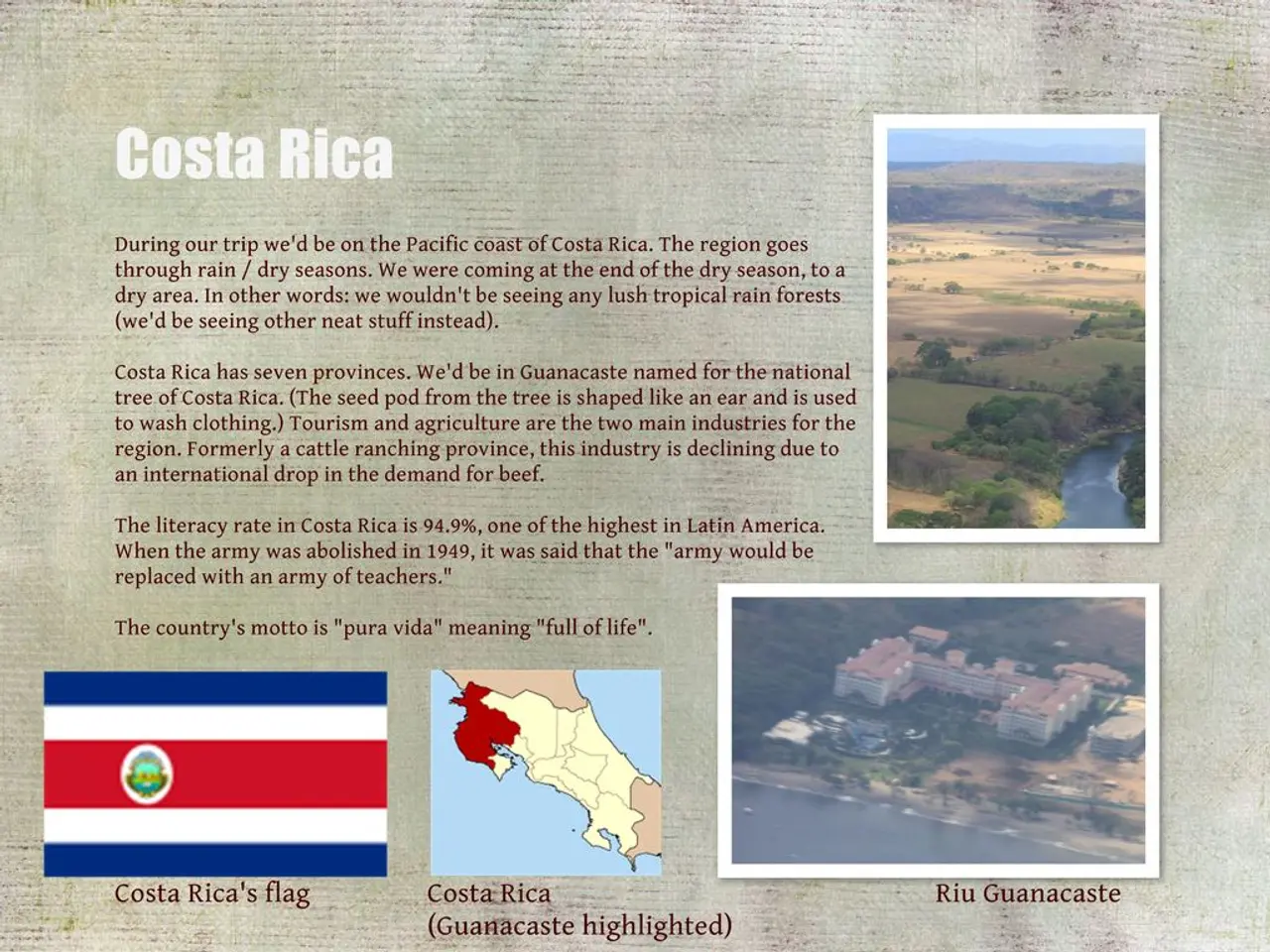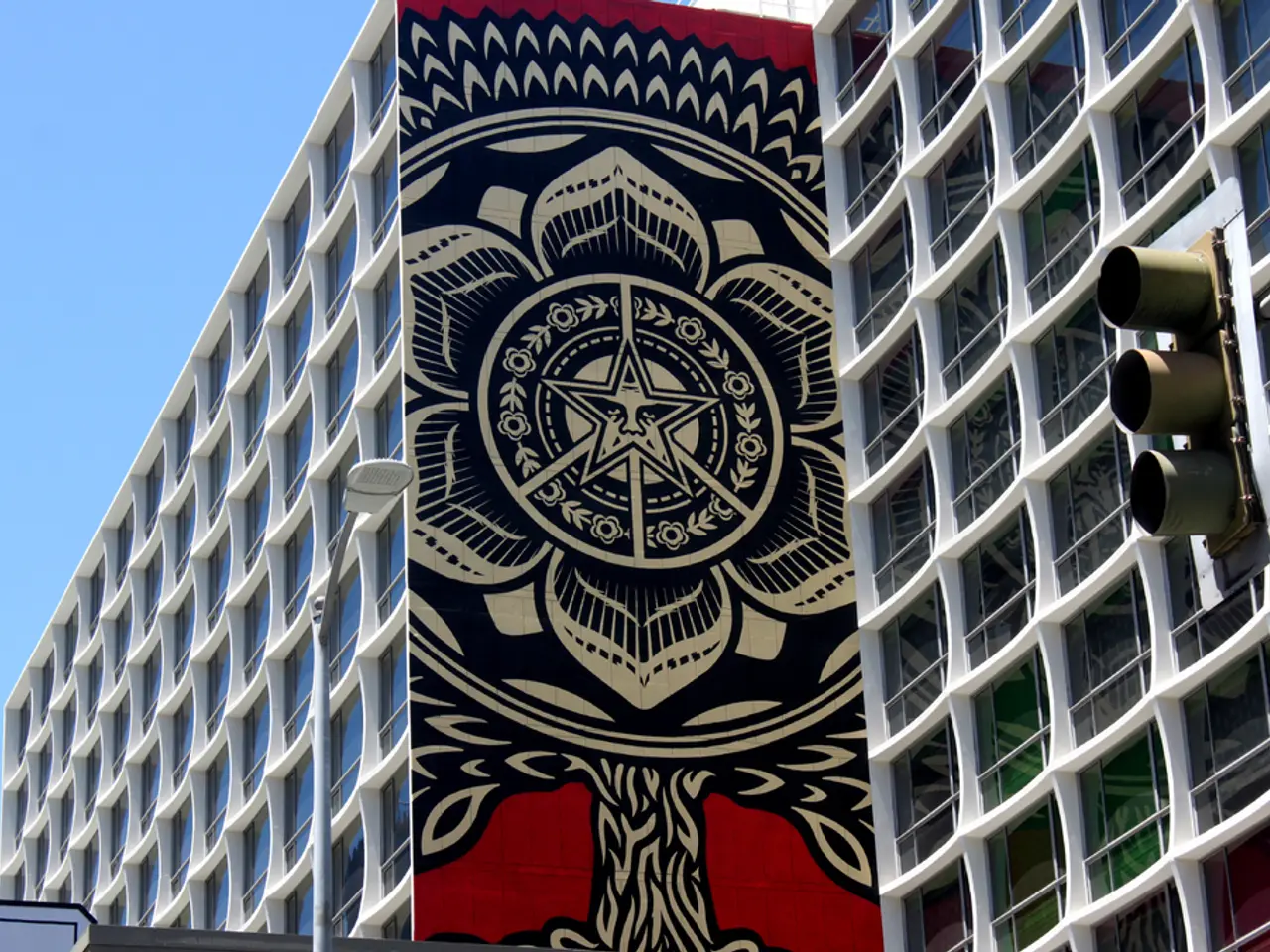Expanded protective measures enacted for migrants hailing from three distinct nations
In a significant ruling, U.S. District Judge Trina L. Thompson of the Northern District of California has temporarily blocked the termination of Temporary Protected Status (TPS) and deportation protections for migrants from Nepal, Honduras, and Nicaragua. This decision, issued on August 1, 2025, postpones the scheduled end of their status at least until November 18, 2025, when a hearing on the lawsuit's merits is set.
The decision comes after the Department of Homeland Security (DHS) ordered the termination of TPS for Honduran and Nicaraguan holders in early July 2025, with work authorization and legal status set to end within 60 days. Nepalese TPS holders were similarly scheduled to lose their status by August 5, 2025. These decisions were challenged in court by TPS holders and advocacy groups, arguing that long-term residents, many of whom have lived in the U.S. for over a decade or two, should retain their protections.
Judge Thompson's ruling provides a temporary reprieve from losing TPS benefits—including work authorization and protection from deportation—while her court evaluates the legality of the administration’s decision to terminate TPS for these countries. Affected migrants currently retain TPS status and related benefits until at least the November hearing, though DHS has criticized the ruling as judicial overreach.
The revocation of TPS was set to take effect in the coming weeks, but Judge Thompson blocked it at least until the November hearing. In her ruling, Judge Thompson criticized Secretary of Homeland Security Kristi Noem for xenophobic stereotypes and racist conspiracy theories. She wrote that the administration's measures ask migrants to atone for their race, leave because of their name, and purify their blood.
Judge Thompson also stated that the administration's actions perpetuate the discriminatory belief that certain immigrant populations will replace the white population. This ruling follows several lower court judges who have expressed serious doubts about the administration's motives in seeking to end TPS for hundreds of thousands of migrants.
Notably, the Trump administration scored an important victory at the Supreme Court, which allowed the end of TPS protections for Venezuelans. However, Judge Thompson's order suspends all DHS measures aimed at revoking TPS for Afghans and Haitians, "to preserve the status quo" until the court hears arguments on the legality of this policy. The Department intends to appeal the ruling and hopes a higher jurisdiction will agree with them.
Judge Thompson, appointed by former President Joe Biden, writes that the potential damages to the United States outweigh the inconvenience for the government of extending the protections. The removal of TPS protections would result in an estimated $1.4 billion loss to the economy, as well as a significant loss in tax revenues and contributions to Social Security and Medicare.
In response to the ruling, Tricia McLaughlin, spokesperson for the Department, stated that the TPS program was never intended to be a de facto asylum system. However, the delay in ending the program was primarily necessary from a humanitarian perspective, to preserve family unity and prevent people from being "wrongfully expelled." The Department of Homeland Security declared that Judge Thompson was making an editorial while ignoring the meaning of federal law.
The ruling by Judge Trina L. Thompson has temporarily halted the revocation of Temporary Protected Status (TPS) for migrants from Nepal, Honduras, and Nicaragua, edging immigration policy-and-legislation closer to the courtroom in the realm of politics and general news. The delay in ending TPS is argued to be crucial from a humanitarian perspective, preserving family unity and preventing potential deportations, despite the Department of Homeland Security's criticism of the ruling as judicial overreach.






